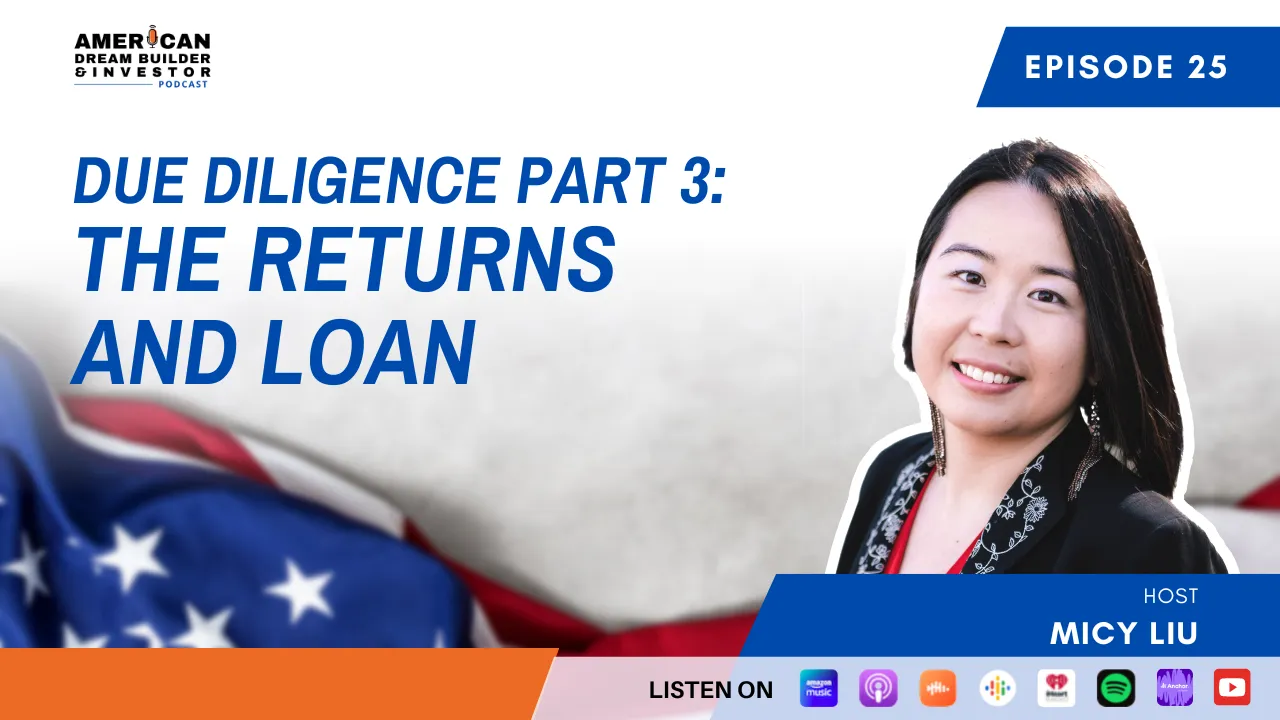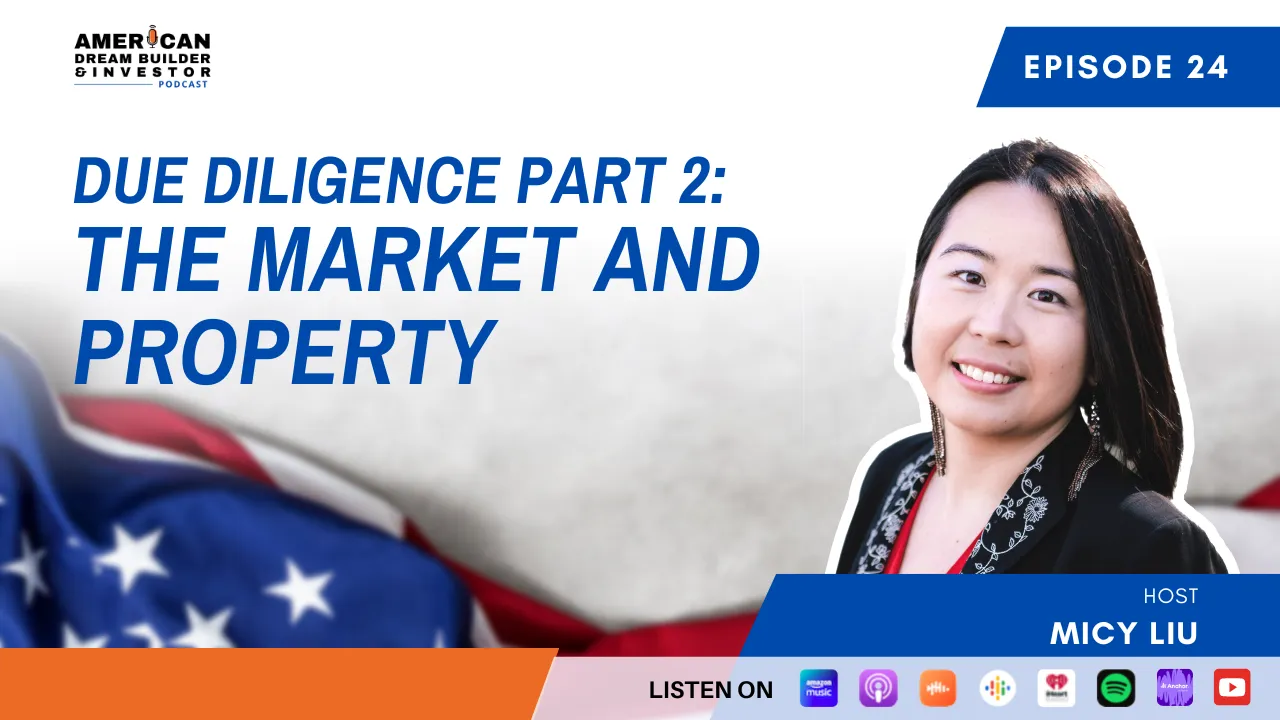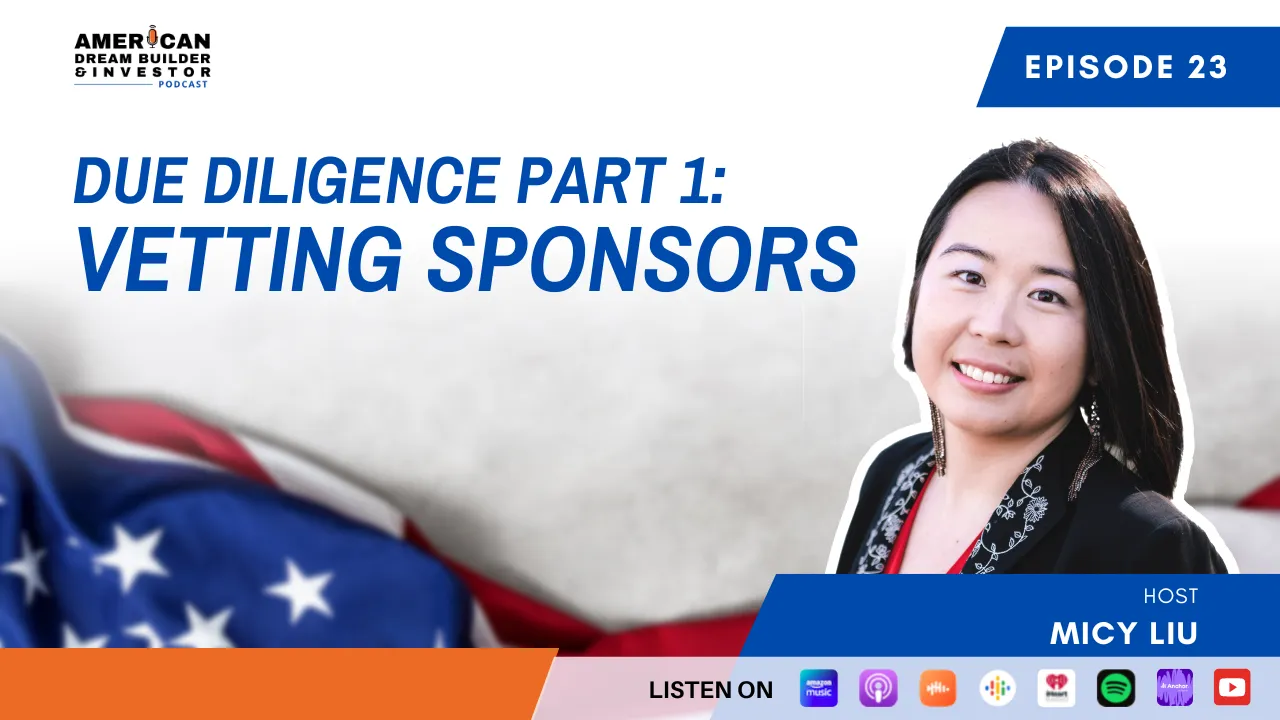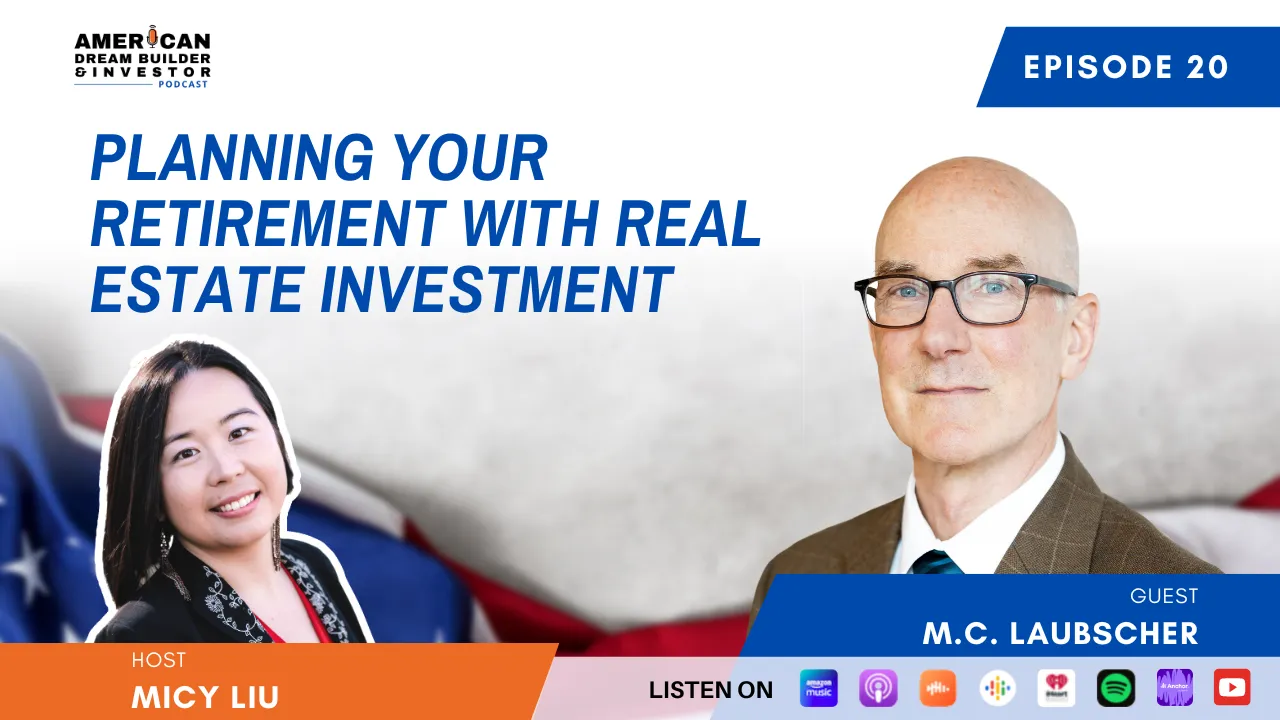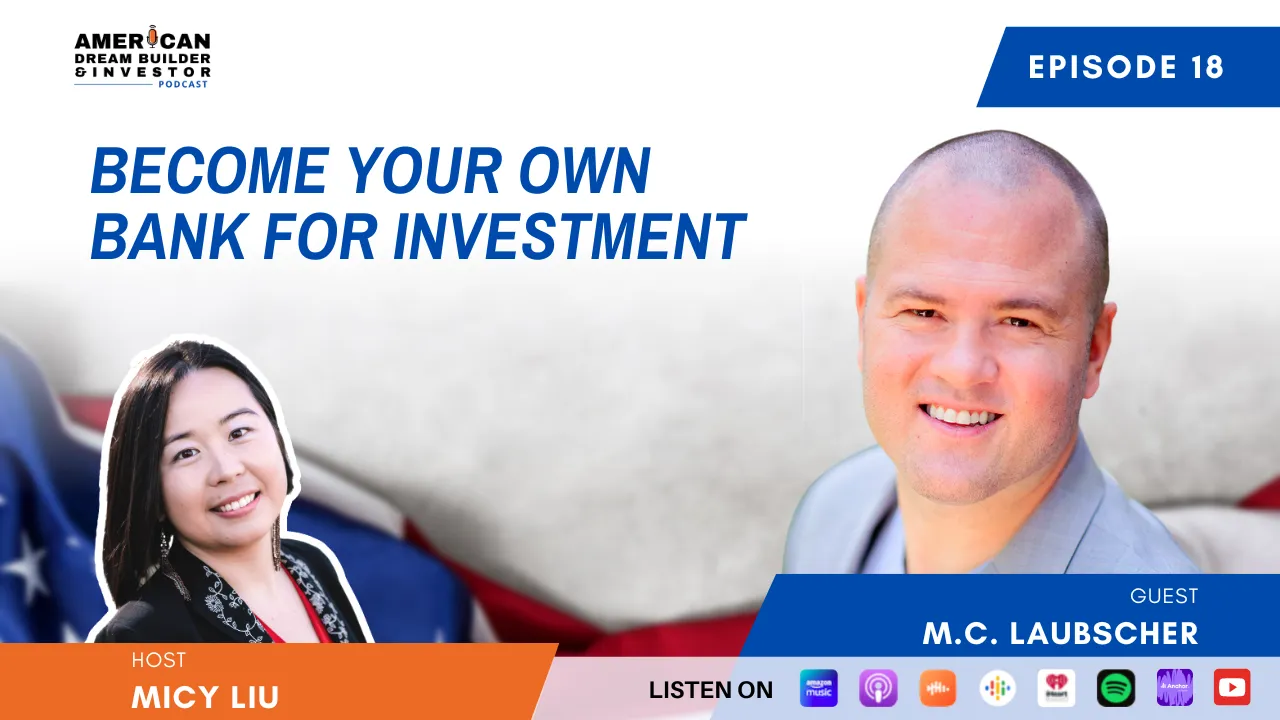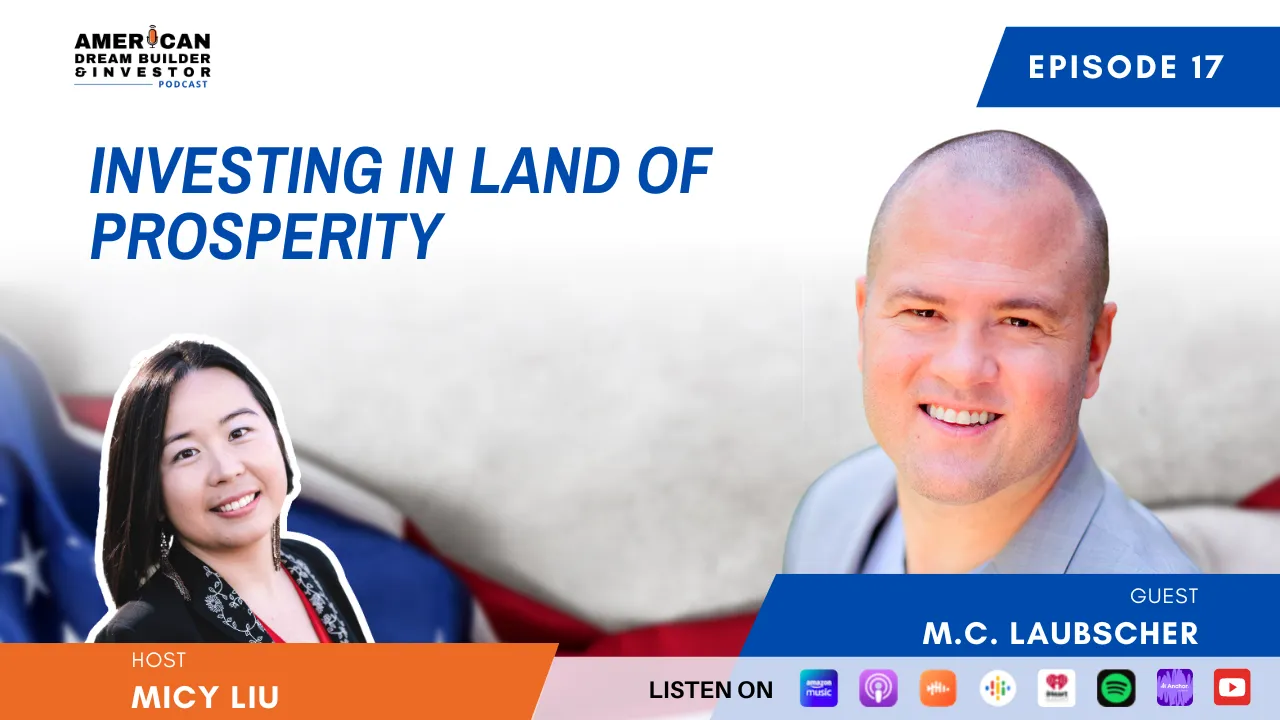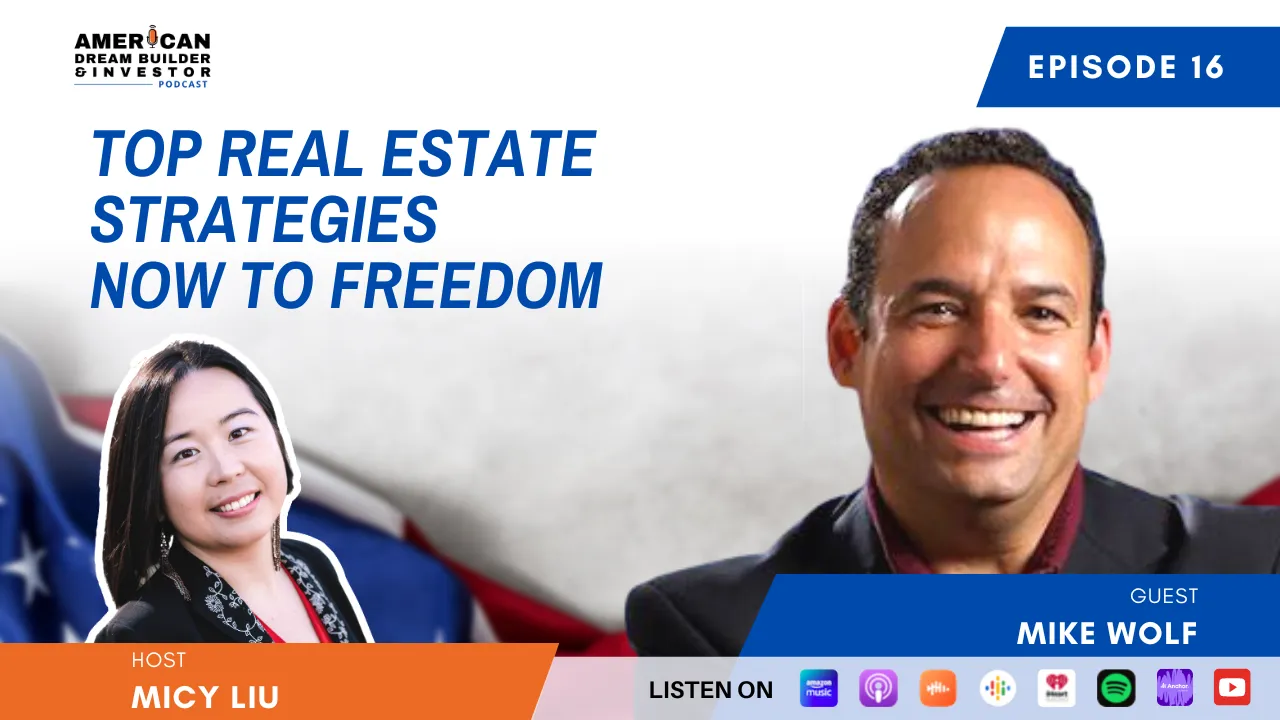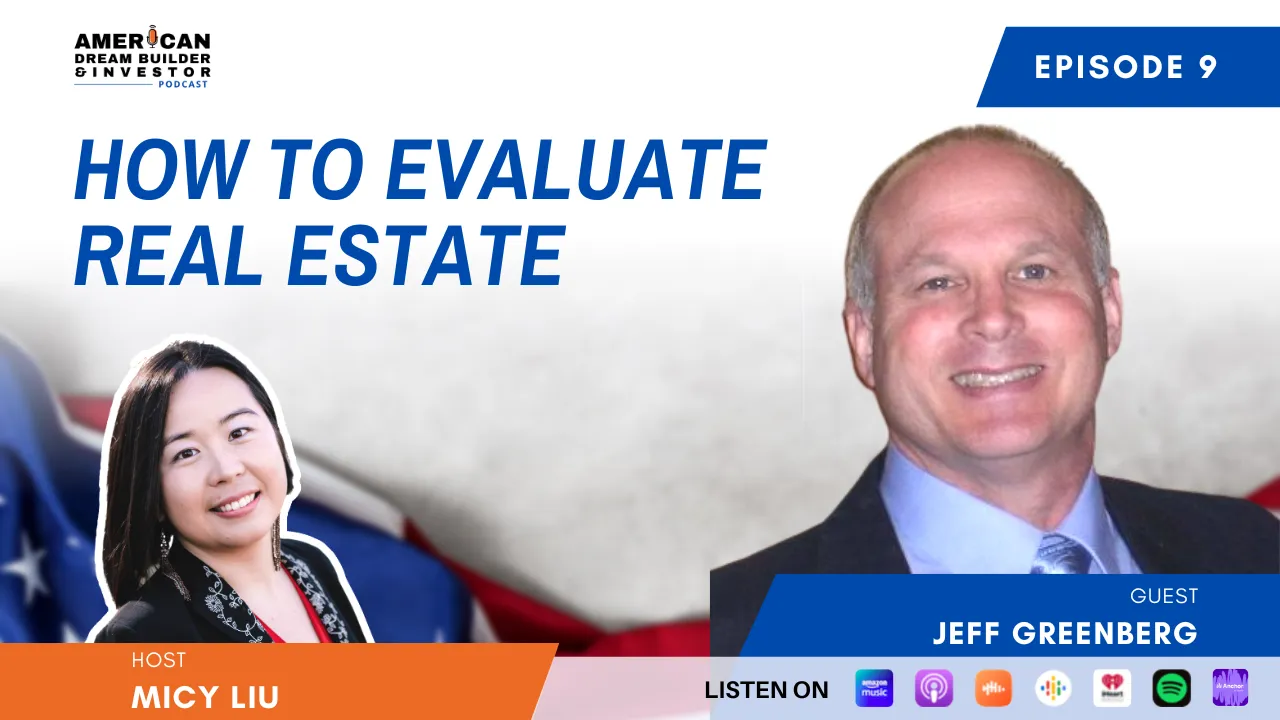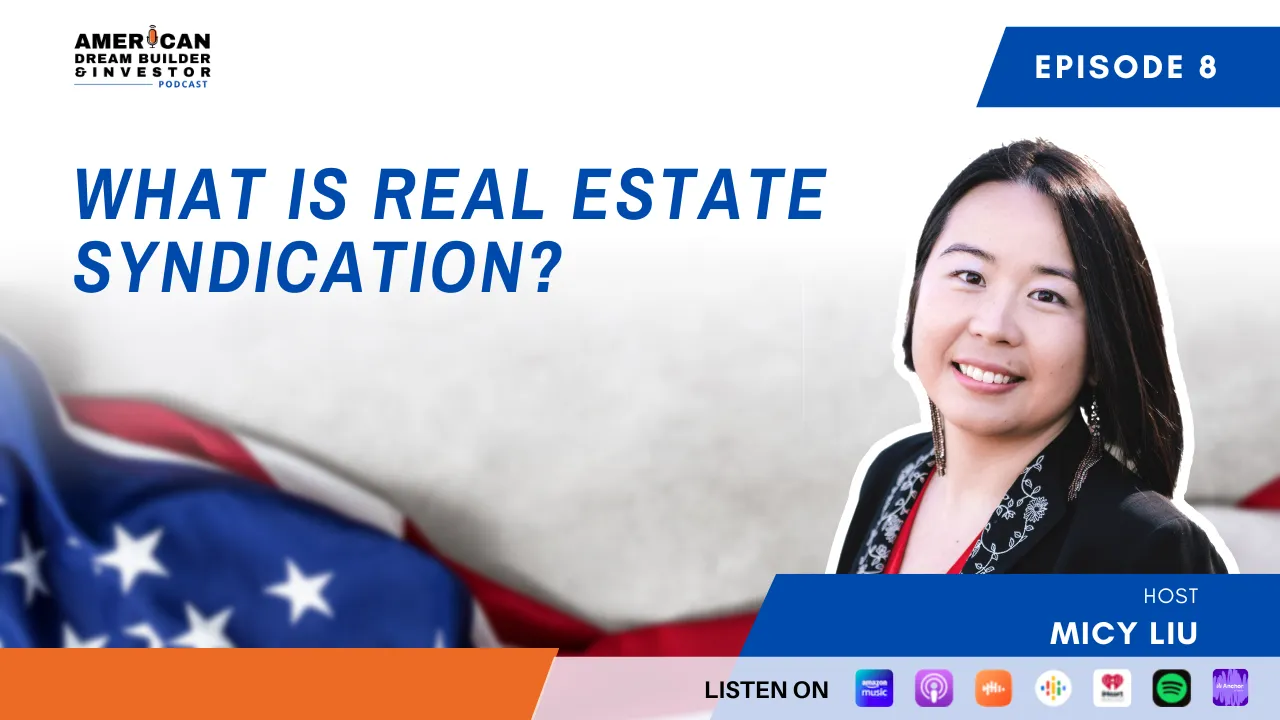Why invest in Real Estate?
Real estate is one of the most integral parts of the U.S. economy. Historically, the share of real estate in the country’s GDP has been on an average above 10% despite the several boom and bust cycles that the real estate market and the U.S. economy faced. As of 2019, real estate contributes to 18% of the U.S. GDP which are mostly made up from the construction of new residential investments and its related rent collection. No wonder people say real estate has been one of the most solid ways to build wealth and in our case financial freedom.
Compared to stocks, Real estate can be a great alternative that yields better returns with lower risks and volatility. In comparison, real estate is much simpler and safer as dealing with physical assets we see in our daily lives makes a lot more sense intuitively. Even though the hold in real estate can be long, with the right management, risks can be reduced and return can be increased. Specifically, investing in real estate has the following advantages:
Cash Flow
Cash flow refers to the income generated from your investment after you have paid the mortgage and cleared other expenses. Depending on the market and property, the deals mostly generate around 7 - 10% cash flow - think of that as a dividend on a stock. Depending on the risks involved, the return can even be higher. And the best part is that this income is stable. Unlike stocks, bonds, and other investment instruments that are based on market conditions, the investment generates a stable income based on market demand and supply data that we can more carefully underwrite. Real estate is considered one of the safest and most reliable income streams. Over time, the cash flow only strengthens and builds up your equity.
Tax Break and Deductions
Real estate depreciation is a key tax deduction tool. Depreciation is the process used to deduct the cost of buying and improving a rental property. Investors in real estate can benefit from various tax breaks and deductions, saving tax time and money. This means that the costs of owning, operating, and managing a property can be deducted. In addition, an investor can defer capital gains taxes by using the 1031 exchange, where swapping of one investment property for another is possible. It is derived from the Internal Revenue Service (IRS) code Section 1031.
Appreciation
A lot of things you buy today will experience a depreciation of their value over time. Unlike many of these purchases, the value of the real estate can increase over time. Renovations of the property such as the addition of features and amenities will help increase the income therefore the sale price of the property. This provides an opportunity for investors to turn a profit when it’s time to sell. Due to appreciation, the rents also increase over time, leading to higher cash flow.
Diversification
When there is a lower correlation between several assets, an investor can invest in those assets in effort to reduce exposure to risks. This can be diversified through investment across different places, one of which is an investment in real estate.
Real Estate Leverage
Leveraging is the use of borrowed capital to increase the potential return of an investment. In real estate, mortgages and loans are the most common ways to leverage. By utilizing loans with lower interest compared to returns, you can gain additional returns using the loaned amount.
Inflation Hedge
When there is inflation, everything, especially the cost of living usually increases too because everyone still needs a place to stay. With that, real estate investments can serve as a great inflation hedge.
Pros
- Provides Passive Income.
- Hedge against Inflation.
- Ability to leverage.
- Tax advantages.
Cons
- More work and capital required than buying stocks.
- High Transaction Costs.
- Appreciation is not always guaranteed.
- Expensive.
However, don’t worry about the cons here because we, Life Mission Capital will help you gain the pros with much-reduced cons. We do so by working with the right sponsors, in the right market, using the right corporation structure, and very conservative underwriting! Check out our free eBook on “Passively Invest in Apartments with no tenants or toilets” here.


